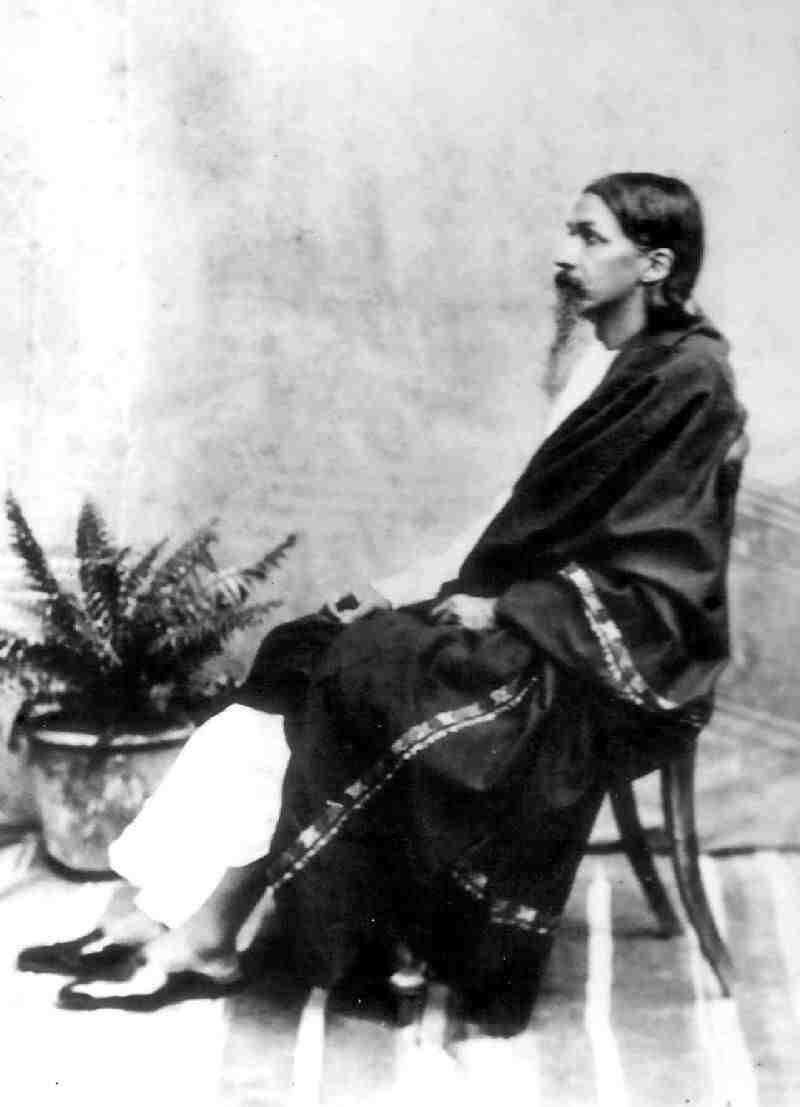Dissolving Difficulties

Divine Assurance
03/30/2020
First Lesson on Path
04/01/2020Virtue claims to seek perfection, but perfection is a totality. So the two movements contradict each other. A virtue that eliminates, reduces, fixes limits, and a perfection that accepts everything, rejects nothing but puts each thing in its place, obviously cannot agree.
Taking life seriously generally consists of two movements: the first one is to give importance to things that probably have none, and the second is to want life to be reduced to a certain number of qualities that are considered pure and worthy of existence. In some people—for example, those Sri Aurobindo speaks about here, the “polite” or the puritans—this virtue becomes dry, arid, grey, aggressive and it finds fault everywhere, in everything that is joyful and free and happy.
The only way to make life perfect—I mean here, life on earth, of course—is to look at it from high enough to see it as a whole, not only in its present totality, but in the whole of the past, present and future: what it has been, what it is and what it will be—one must be able to see everything at once. Because that is the only way to put everything in its place. Nothing can be eliminated, nothing should be eliminated, but each thing must be in its place in total harmony with all the rest. And then all these things that seem so “bad”, so “reprehensible”, so “unacceptable” to the puritan mind, would become movements of delight and freedom in a totally divine life. And then nothing would prevent us from knowing, understanding, feeling and living this wonderful laughter of the Supreme who takes infinite delight in watching Himself live infinitely.
This delight, this wonderful laughter that dissolves every shadow, every pain, every suffering! You only have to go deep enough within yourself to find the inner Sun, to let yourself be flooded by it; and then there is nothing but a cascade of harmonious, luminous, sunlit laughter, which leaves no room for any shadow or pain.
In fact, even the greatest difficulties, even the greatest sorrows, even the greatest physical pain—if you can look at them from that standpoint, from there, you see the unreality of the difficulty, the unreality of the sorrow, the unreality of the pain—and there is nothing but a joyful and luminous vibration.
In fact, this is the most powerful way of dissolving difficulties, overcoming sorrows and removing pain. The first two are relatively easy—I say relatively—the last one is more difficult because we are in the habit of considering the body and its feelings to be extremely concrete, positive; but it is the same thing, it is simply because we have not learnt, we are not in the habit of regarding our body as something fluid, plastic, uncertain, malleable. We have not learnt to bring into it this luminous laughter that dissolves all darkness, all difficulty, all discord, all disharmony, everything that jars, that weeps and wails.
And this Sun, this Sun of divine laughter is at the centre of all things, the truth of all things: we must learn to see it, to feel it, to live it.
Ref : On Thoughts and Aphorisms




